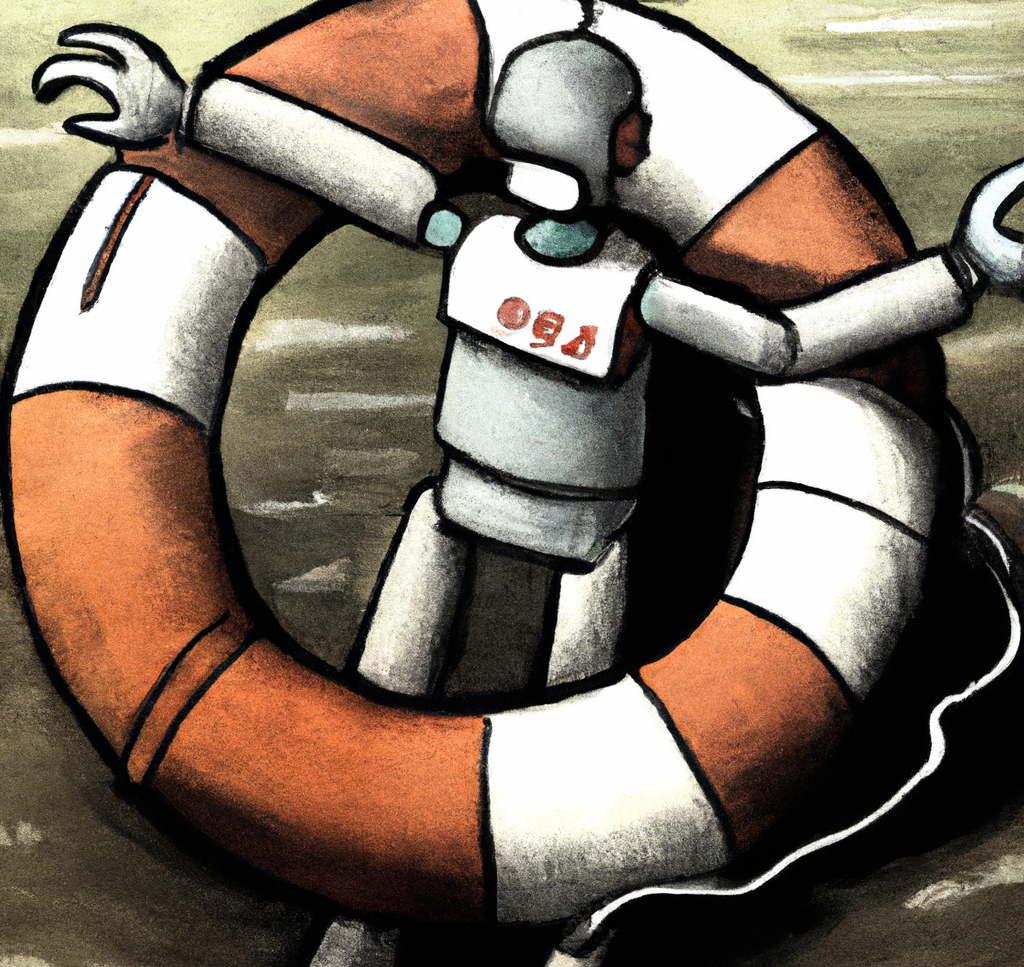Drowning in a data deluge? Here’s a selection of mind-clearing tools to serve as your life preserver in our data-saturated world.
Introduction
Information overload is not just a buzzword; it’s a modern affliction causing mental strain, fatigue, and frustration. As an HR professional, I’ve often found myself overwhelmed by an avalanche of AI tools and productivity hacks. A list that should liberate us can sometimes entrap us in a cycle of anxiety, fear of missing out, or the feeling of not doing enough.
According to a 2022 OpenText survey (https://blogs.opentext.com/unlock-the-information-advantage-to-combat-information-overload/), 80% of US workers feel that information overload contributes to their daily stress. Consequences reach beyond our jobs, infiltrating our personal lives and impairing our mental and physical health. It leads to a lack of focus, ignored or missed vital information, and increased stress levels, manifesting physically as headaches, irritability, sleeplessness, and a weakened immune system.
What can we do?
One strategy that’s been a game changer for me is mind clearing. David Allen, a productivity expert, suggests freeing your mind from storage duties. He eloquently states:
“Use your mind to think about things, rather than think of them. You want to be adding value as you think about projects and people, not simply reminding yourself they exist.”
“Everything you’ve told yourself you ought to do, your mind thinks you should do right now. Frankly, as soon add you have two things to do stored in your RAM, you’ve generated personal failure, because you can’t do two things at the same time. This produces an all-pervasive stress factor whose source can’t be pin-pointed.”
Getting Things Done: The Art of Stress-Free Productivity
Tool Suggestions
Here are four free tools that have helped declutter my mind, allowing for more efficient processing of information:
1) Paper:
The oldest tool in the book, literally! Paper might seem archaic in our digital world, but it’s a powerful medium for thought-dumping. Not only does it unburden your mind, but also has been proven to boost learning and enhance visual expression while avoiding digital distractions. (https://www.masterclass.com/articles/handwriting-vs-typing)
2) Mind Mapping Software:
Visual learners, rejoice! Tools like Miro and Mindjet allow you to spill your ideas and visually organize them. They supply basic functionality for free, perfect for individuals or small teams.

3) Smartsheet:
My recent find, Smartsheet, comes loaded with features that have impressed me. I’ve been using it for Project Management, organizing my notes, and planning my writing topics. Its flexibility to switch between spreadsheet and card view helps me better prioritize and act on my ideas.

4) OneNote:
OneNote, a powerful and free note-taking tool, is feature-rich. From an efficient search function, image-to-text recognition to ‘Send to OneNote’ capabilities, and collaboration features, it’s a solid choice for offloading your mind.

Conclusion
The key is to remember that these tools are your allies, your repositories to offload information. Offloading not only alleviates mental strain but also frees your brain to ideate and create. It’s tempting to shut off the flow when we’re overwhelmed, but having an organized system can turn the tide, making information flow a boon rather than a bane. After all, as David Allen aptly puts it, “Your mind is for having ideas, not holding them.”
Let’s combat information overload together. Share your favorite tool or strategy in the comments. Let’s learn from each other and turn the tide against this digital deluge!

Leave a Reply